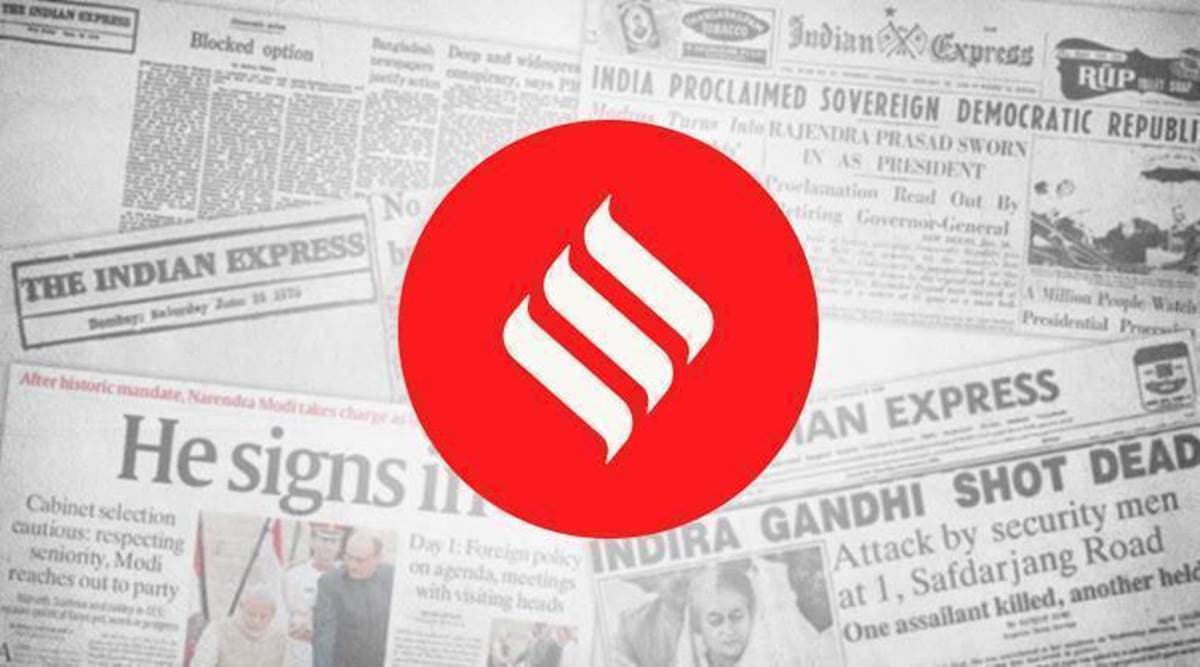 Anderson was just warming up to greatness at that age.
Anderson was just warming up to greatness at that age. A year and a half after the Pulwama attack, in which a Kashmiri suicide bomber detonated an explosives-laden car, killing 40 CRPF men in a security convoy on the national highway connecting Jammu and Srinagar, the National Investigation Agency has filed a chargesheet in the case. It confirms the claim made at the time by the Pakistan-based group, Jaish-e-Mohammed, that it had carried out the attack. The chargesheet says the attack was conceived, planned and controlled at every step by the Pakistan-based leadership of the JeM. It names JEM chief Masood Azhar, his brother Rauf Asghar, and another brother’s son, Mohammed Usman Farooq, who is described as a “key conspirator” and a host of others. Six of those listed as the accused, including Usman Farooq, have since been killed in encounters. Mobile phones recovered from them provided much of the forensic evidence that has been included in the 13,800-page charge-sheet. The material in the chargesheet raises questions for Indian security forces about infiltration by Pakistani terrorists into Indian territory and how they remained undetected as they assembled the explosives.
The Pulwama attack set off a chain of events that culminated in the IAF strike at Balakot in Pakistan’s Khyber Pakhtunkhwa province, at the site of a Jaish-e-Mohammed training camp, to which the Pakistan Air Force retaliated, downing an IAF MiG-21 and capturing the pilot. At the time, India had made it plain that it held Pakistan responsible for the attack, withdrawing the Most Favoured Nation status for preferential trade with it, and declaring that it would work to isolate Islamabad internationally. From the chargesheet, it is clear that Usman Farooq’s handlers were guiding him every step of the way. It is well known that the JeM has close links to the Pakistani military establishment.
In response to an Indian dossier last March, Pakistan said it had taken into “protective custody” some 40 Jaish-e-Mohammed cadres, including Rauf Asghar and Masood Azhar’s son Hammad Azhar. But Pakistan said it needed more “proof”. Delhi rightly accused it of insincerity, pointing out its inaction in other cases, including the Mumbai attacks case, despite being provided with evidence. Now, with the Financial Action Task Force watching, the Pakistan government has been forced to take some measures to comply with the international watchdog’s anti-terror requirements. Co-operating in the Pulwama investigation can only be in its own interest, and in the interest of peace and stability in the region.